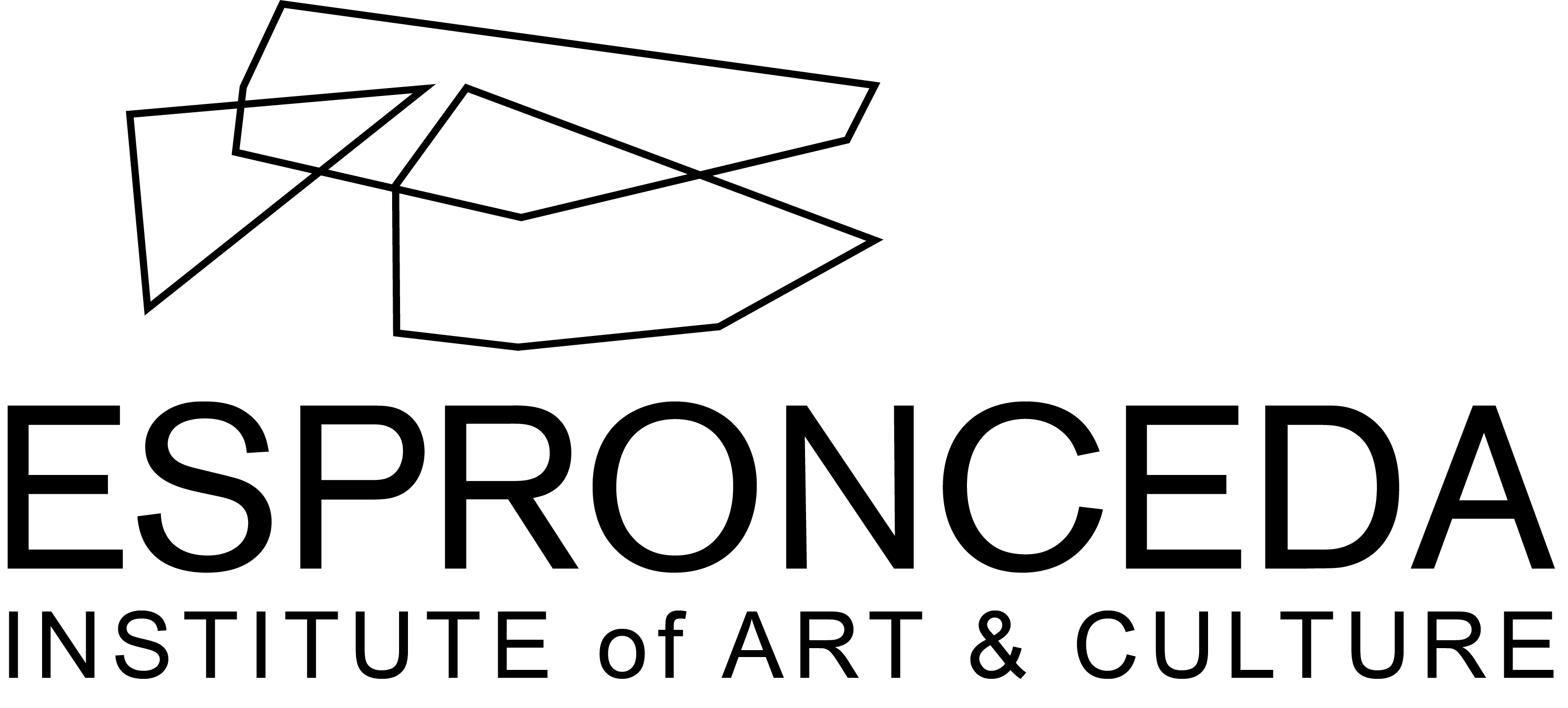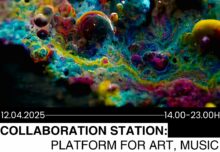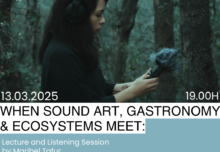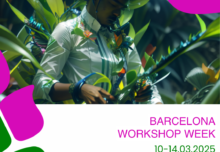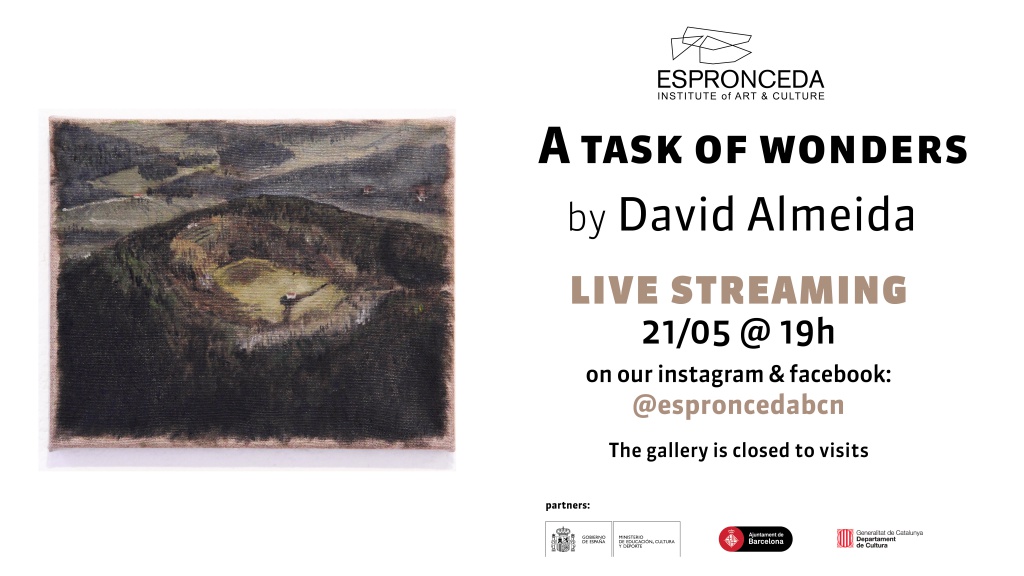 David Almeida
David Almeida
Bachelor of Arts from the University of Brasília, Almeida’s research develops through multiple languages like drawing, object, photography, installations, performance and, above all, painting. His production has as its axis the issues of space and walking body, exploring the visuality of the intimate space, the studio, the city, and the natural landscape.
He investigates the boundaries between presence and absence, the pictorial space, elements of the painting and its narrative semantics engendering concepts of cloister, phantasmagoria, social rudeness of the architecture of the great urban centers and the drift as a method of study of marginal places and the landscape.
__
A task of wonders
I left my country of birth for the first time and on the way I met the pandemic. Suddenly, the process of discovering the hidden and ancient land I was planning was interrupted and put in mandatory isolation.
In this provisional home, experiencing the setbacks of confinement and changes in the structure of the world, I find myself investigating my context, exploring paths to follow at work and the reasons for making art here. In the middle of this, I come across the chapter “Wonders” from the book Natural:Mind of Vilem Flusser, while I read the supplement materials of a study group that I started during the quarantine.
In it, Flusser describes what it is like to be in front of a landscape and see, what it is to discover nature and as we always see it through the eyes of our culture, discovering and understanding it according to what we have seen before. He affirms how desperate the task is to remove these covering layers from our eyes because these mediations that stand between us and nature are our way of putting ourselves in the scene.
I was a little shocked to read this because somehow I longed, on this trip, for the discovery of the completely new world I was about to find, I hoped to dissect it crudely when I found it in the physical environment, reach the landscape without intermediaries and be contaminated by its imminence. A desperate task.
But Flusser in the same text opens the way to the solution for my unusual experience of an artistic residency in a confined world and for what it would be the realisation of this exhibition. “The world is wonderful because if I discover it disappears if I leave it covered it becomes horrible. And finally, because the two alternatives are not real options: I am obliged to both.” The world of today is this land where I am unable to fully explore and the mystery instigates its construction in my mind. I hear stories from other times and the enchantment happens the moment they meet the things that moved me here, the things I brought in my backpack. This suspension of the time we are living brings us to the synthesis of Flusser’s two alternatives to which we are doomed. What remains for us is the full exercise of wonder without seeing. The free construction of the world as a way to change it and be enchanted by it. And painting, here again, and always, as a task of wonders.
***
The exhibition consists of paintings in varying formats with images of Catalonian landscapes, abstractions of recurring images from everyday life at the Espronceda Art Institute and diverse cultural references found in the trip through Spain before the pandemic.
